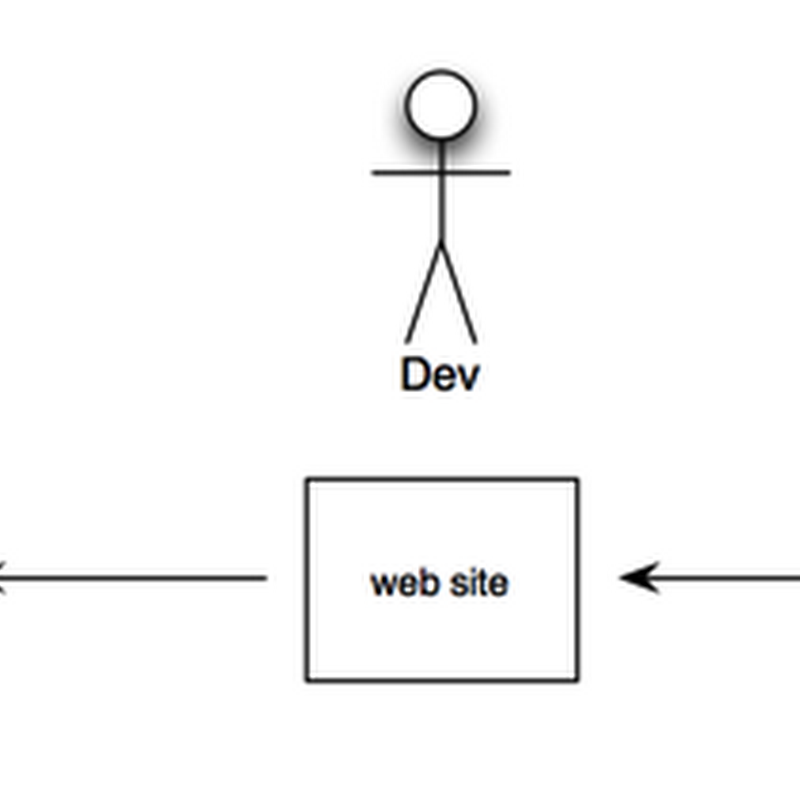
Each year about this time, as I ponder what to devote my time on in the coming year, I get exasperated and frustrated that each year will be like the previous one, and biodiversity informatics will seem no closer to getting its act together. Sure, we are putting more and more data online, but we are no closer to linking this stuff together, or building things that people can use to do cool science with.

